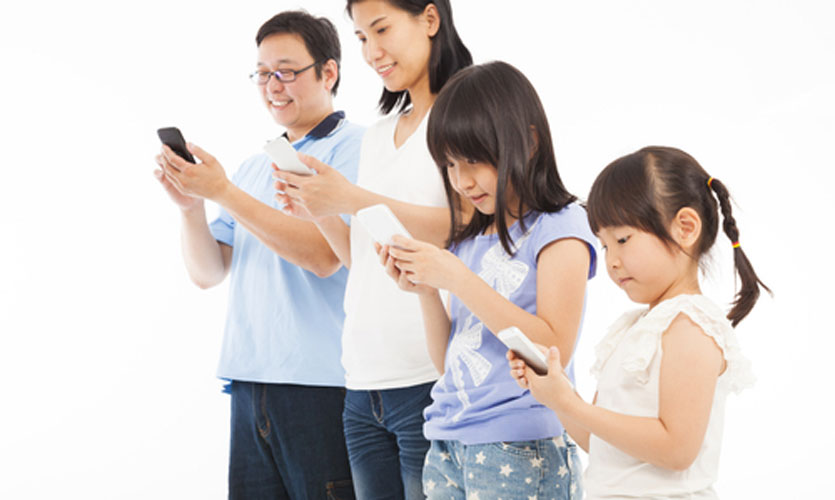Jan 30 2018.
views 793
The word connectivity has become a staple in our day to day conversations, especially in relation to the phone, laptop, or any kind of gadget that requires the internet. We’ve all experienced the frustration of having poor connectivity or slow internet, which has the power to flip the anger switch in most of us. Sensing our frustration, these gadgets prolong our agony by refusing to either connect or working so slowing they seem to be mocking our inability to deal with life without them.
The 20th century has seen a greater advancement in technology than the previous centuries combined, giving us the opportunity to do amazing things for the betterment of the human race. But – the same technology that can make wavelengths in cell regeneration that can change the lives of millions also has the ability to destroy the very life it saves. William Shakespeare’s quote from his play, ‘As you like it’, “Can one desire too much of a good thing?" sums up society’s relationship with technology.
While we’re all aware of the benefits of Google, Facebook, Instagram, Snapchat and Tinder from experience and their excellent marketing campaigns, we don’t often see the flipside of how all these apps and programmes impact our lives and – most importantly – how it affects our thinking, relationships and self-esteem. We’re all passengers of the rat race, rushing to complete one thing after the other, and we need every gadget, programme and app to help us achieve everything we need to in the strict timeframe of our fast-paced life.

Without realizing, gadgets have become our right hand, the thing we cannot leave behind even if we are just leaving the room for a moment because we enjoy the easily accessible amusement and companionship it provides with barely any effort on our part. Talking to people through a screen becomes far easier as it cuts out social anxiety and awkwardness and gives you the opportunity to be whoever you want to be – minus any consequences.
What started off as a platform to connect people and bring them together has turned into a space where people exhibit and exercise anger, cruelty and judgement on unsuspecting victims in the name of freedom of speech. A behaviour that should have been eradicated at classroom level has now spread like a virus across every platform that man created in order to bring people closer together.
As this behaviour spreads like a wildfire, it pushes others to take refuge in these platforms to seek validation and attention while their significant other, friends and family are too engaged in their own relationship with social media to notice the negligence and hurt. We forget to realize that our hunger for individual excellence isolates us and strips us from learning to compromise, a key element in human relationships.
Our inability to be vulnerable because of past hurt deprives us from knowing true love, care and affection, because nowadays it is not cool to have your heart on the sleeve, to be honest or vulnerable. This fear of coming across as a weirdo and the anxiety of being rejected even before trying leaves us feeling lonely and void of human companionship, and unknowingly tethers us even more strongly to a relationship with our gadgets. Lured by its simplicity and oblivious to its dangers, we shy further and further away from the conversation and emotional and physical connection, instead placing ourselves in isolation created not only by our doubts, but also by technology itself.
Instead of actually laughing at jokes, we are now inundated with LOLs and ROFLs and plagued with FOMOs (fear of missing out) and FOBOs (fear of being offline), acronyms that seem to call the shots in our lives nowadays, whether we are simply making the decision to visit a café or choosing a hotel for a holiday.
We fail to see how a simple act such as carrying a conversation on an online platform whilst we’re supposedly spending quality time with our partners, friends and family can impact those around us. In our attempt to overcome our loneliness,fears and anxiety, we forget that we too can unconsciously inflict the same kind of isolation that we fear on those for whom we care.
By Sherwani Synon and Nivendra Uduman
0 Comments